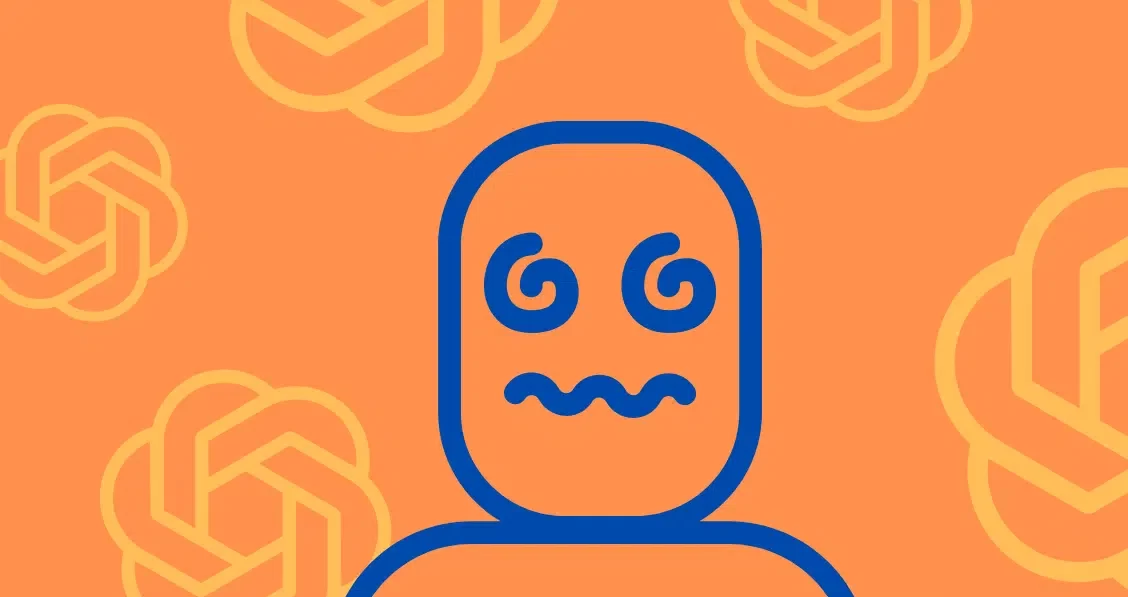In a surprising and concerning development, a team of scientists at Stanford University has released a report suggesting that ChatGPT, an advanced language model developed by OpenAI, is showing signs of declining intelligence. ChatGPT, based on the GPT-3.5 architecture, has been widely regarded as one of the most sophisticated artificial intelligence (AI) models, capable of generating human-like text and understanding complex language patterns. The findings of the Stanford researchers raise important questions about the limitations and challenges of AI development and have sparked a lively debate within the scientific community. In this exclusive report, we will delve into the details of the Stanford study, the potential reasons behind ChatGPT’s perceived decline in intelligence, the implications for AI research, and the steps being taken to address the issue.
The Stanford University Study:
The study conducted by researchers at Stanford University sought to evaluate the performance of ChatGPT over time and assess its ability to generate coherent and contextually relevant responses to various prompts. The researchers used a diverse set of test cases to analyze the model’s responses and measure its performance across different tasks.
Decline in Intelligence:
The results of the study revealed that ChatGPT’s performance has deteriorated over time, indicating a decline in its ability to provide accurate and meaningful responses. This phenomenon, often referred to as “AI decay,” is a concerning trend that warrants further investigation.
Causes of AI Decay:
The researchers identified several potential causes for ChatGPT’s declining intelligence. One possible reason is the vast amount of data used to train the model, which may introduce biases and inconsistencies that negatively impact its performance. Additionally, the model’s exposure to irrelevant or misleading information during the training process could lead to the generation of nonsensical or inaccurate responses.
Overfitting and Generalization:
Another factor contributing to ChatGPT’s decline in intelligence could be overfitting—a situation where the model becomes too specialized in the training data and struggles to generalize to new, unseen data. This limitation may hinder the model’s ability to adapt to novel prompts or scenarios.
Ethical Considerations:
The issue of declining intelligence in AI models raises ethical concerns, especially in applications where the technology plays a significant role, such as in healthcare, finance, or autonomous systems. Ensuring the reliability and accuracy of AI systems is crucial to avoid potential harm and ensure responsible AI deployment.
The Challenge of AI Complexity:
ChatGPT is an example of the increasing complexity of AI models, with billions of parameters and intricate architectures. As AI models become more sophisticated, understanding their behavior and potential limitations becomes a challenging task for researchers.
The Role of Continuous Learning:
Continuous learning, where AI models are updated with new data regularly, is a technique that could address the issue of AI decay. By allowing models like ChatGPT to adapt to changing patterns and contexts, continuous learning may help maintain or improve their intelligence over time.
Trade-offs in Model Design:
AI researchers often face trade-offs in model design, such as balancing performance, training time, and resource requirements. Striking the right balance is critical to developing AI systems that are both powerful and sustainable in the long term.



